“If you wish to converse with me,” said Voltaire, “define your terms.” This could have been directed at your typical NFT enthusiast, who to an outsider may as well be speaking gibberish.
Here are 40 of the most common NFT terms, an understanding of which will help anyone navigate this new and fast-changing space.
1:1 - Pronounced “one of one”, a 1:1 NFT is a unique, single edition NFT, as opposed to an NFT that’s part of a multi-edition collection. For example, Everydays by Beeple is an example of a 1:1 NFT, whereas an NFT from the 1989 Sisters collection is not.
10k project - A collection of 10,000 NFTs.
Airdrop - To send an NFT or NFTs to a wallet free of charge. NFTs can be airdropped for a number of reasons, such as to promote a new collection or reward someone for participating in a contest.
Airdrops can also be used to lure someone into a scam, such as a rug pull, so be sure to read our articles How to spot and avoid crypto scams and Crypto security basics: Staying safe in Web3 before interacting with an airdropped NFT.
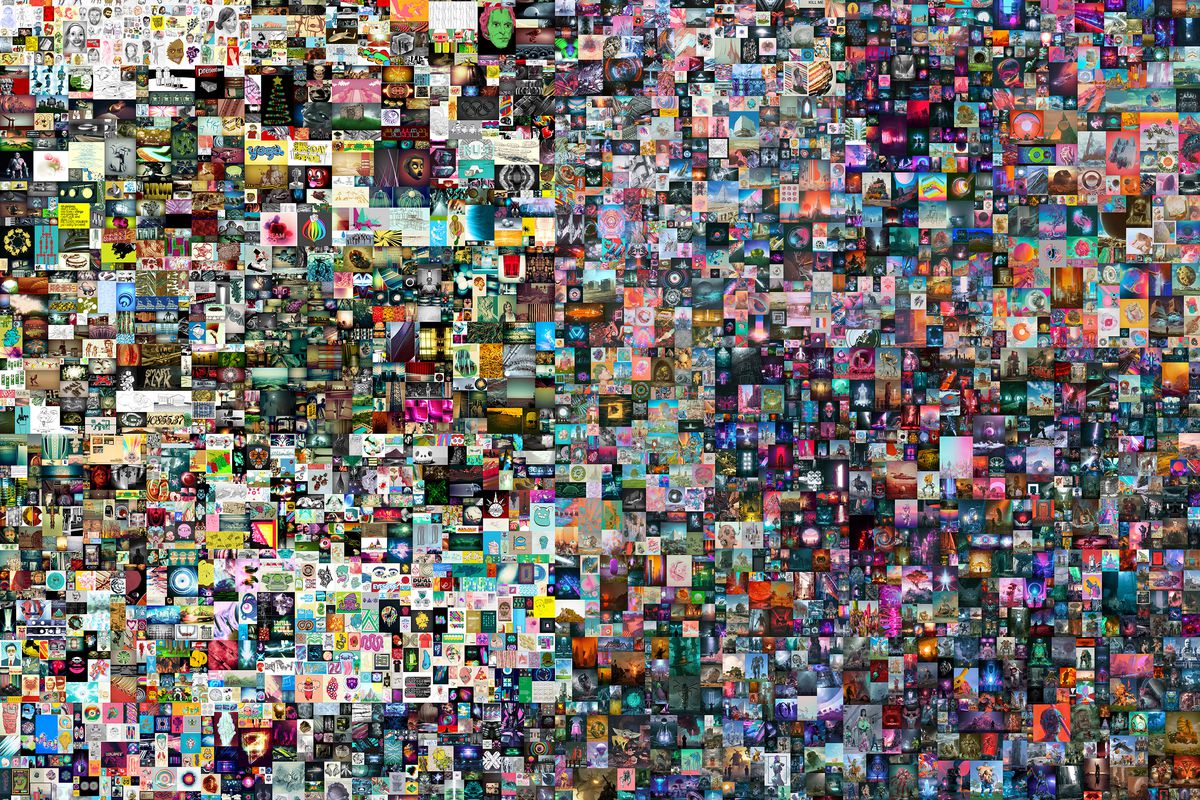
Ape in - To heavily invest in a new project, usually out of fear of missing out.
Avatar project - Sometimes used interchangeably with terms like PFP and generative art, an avatar project is a collection of cartoon avatar NFTs, usually represented as a portrait depicting the avatar from the shoulders or neck up. CryptoPunks is a popular example of an avatar project.
Beeple - Pseudonym for Mike Winkelmann, perhaps the most well known digital artist. Beeple’s Everydays: the First 5000 Days sold for $69,400,000, the current record for most expensive NFT.
Binance Smart Chain - A blockchain compatible with buying and selling NFTs. While Ethereum is the most popular blockchain for NFTs, prominent competitors include Binance and Solana.
Burn - To burn an NFT is to effectively destroy it. While technically NFTs always remain on the blockchain, you can remove one from circulation by sending it to a wallet address that can't be accessed.
Delist - To remove an NFT from an exchange. Delisting an NFT incurs gas fees. NFT communities often encourage holders to delist NFTs before big announcements.
Discord - An instant messaging platform and the go-to place for discussing NFTs.
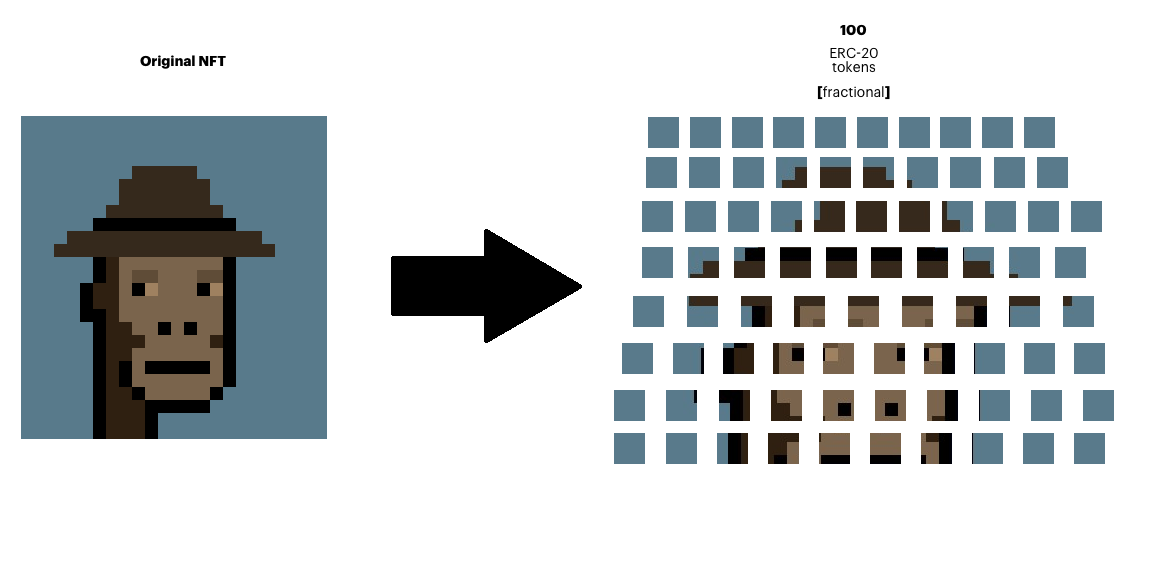
ERC-721 - A token standard that allows for the creation of unique, non-fungible tokens. It differs from ERC-20, for example, which is used to mint fungible tokens.
Ethereum - A blockchain with smart contract functionality. Ethereum is currently the main platform for NFT projects.
Floor price - The lowest NFT price in a collection. To “buy the floor” or "floor sweep" is to buy the cheapest NFT in a collection.
Floor sweep - To buy up the cheapest NFTs in a collection. Sweeps can be organized by an NFT collection’s community to raise the project’s floor price.
Fractional ownership - Partial ownership rights over an NFT. Sellers can sell percentages of a work and buyers can buy what they can afford.
Fungibility - Replaceability. Dollars are fungible because a dollar owed can be paid using any dollar in existence. Something that is non-fungible, like a painting or NFT, is one-of-a-kind.
Gas fees - Fees that blockchain users pay to compensate for the computational resources used to execute transactions. Gas fees ensure that transactions will be genuine and discourages bad actors from spamming the network with a high volume of transactions.
Generative art - A project in which NFTs are generated from a pool of limited assets. In a generative art collection, each NFT can have a unique set of traits while still sharing individual traits with other NFTs in the collection.
InterPlanetary File System - A means of storing NFT data that is considered superior to storing on an HTTP gateway URL, since the latter is tied to a specific provider. IPFS addresses allow users to find a piece of content so long as someone on the network is hosting it.
Metadata - The collection of data that defines ownership and differentiates one NFT from another. Metadata can be on-chain or off-chain.
MetaMask - The leading Ethereum wallet used as a gateway to NFT apps like OpenSea, Rarible, and Axie Infinity.
Metaverse - A virtual 3D world where people can interact. Popular blockchain-based metaverses include Decentraland and The Sandbox, virtual gaming worlds where users can buy and sell land NFTs.
Minting - The process by which an NFT becomes part of the blockchain. Once an asset is put on the blockchain, it is “minted” as a token and cannot be altered.
Off-chain metadata - Metadata that is stored outside the blockchain.
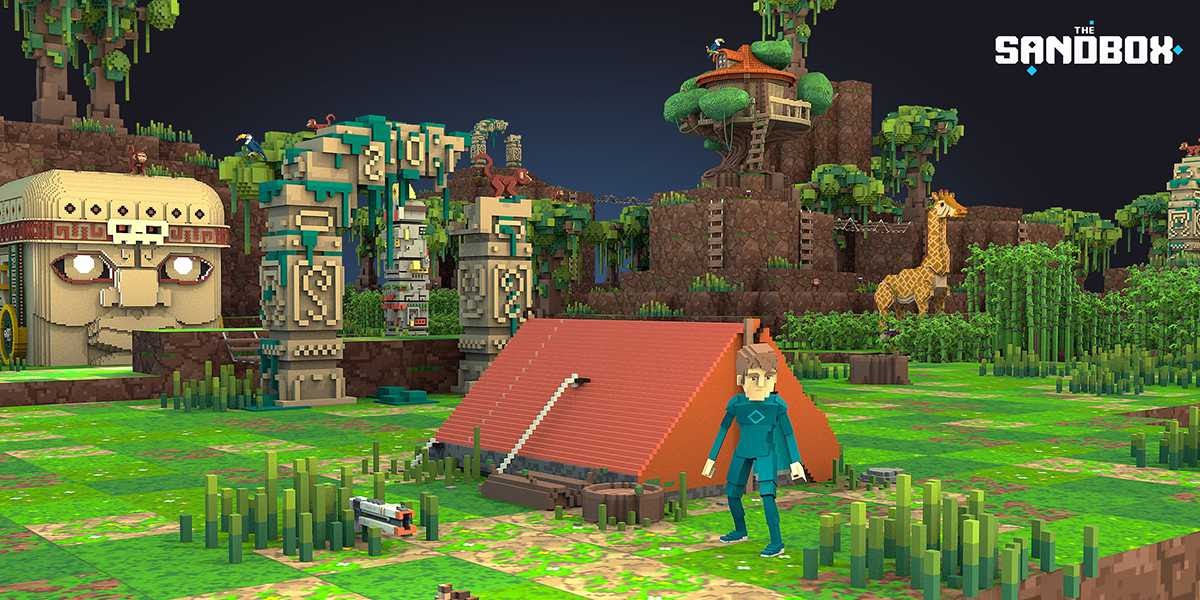
On-chain metadata - Metadata that is directly incorporated in a smart contract.
OpenSea - Launched in 2018, OpenSea is the first and largest NFT marketplace.
PFP - Profile picture. A PFP NFT is an NFT that people like to show off as their main photo on platforms like Twitter. Popular examples include Bored Ape Yacht Club and Cool Cats.
Play-to-earn game - Games in which players can earn rewards, such as NFTs and cryptocurrency, that have real-world value and can be exchanged outside of gameplay. Axie Infinity is currently the most popular NFT play-to-earn game.
Polygon - An Ethereum-compatible protocol that provides cheaper, faster, and more secure payment transactions. Polygon is an attractive platform for NFTs because of cheap minting costs and low gas fees.
Rarible - A community-owned NFT marketplace founded in 2020. The Moscow-based platform mostly hosts digital art, and is fuelled by its native ERC-20 token RARI.
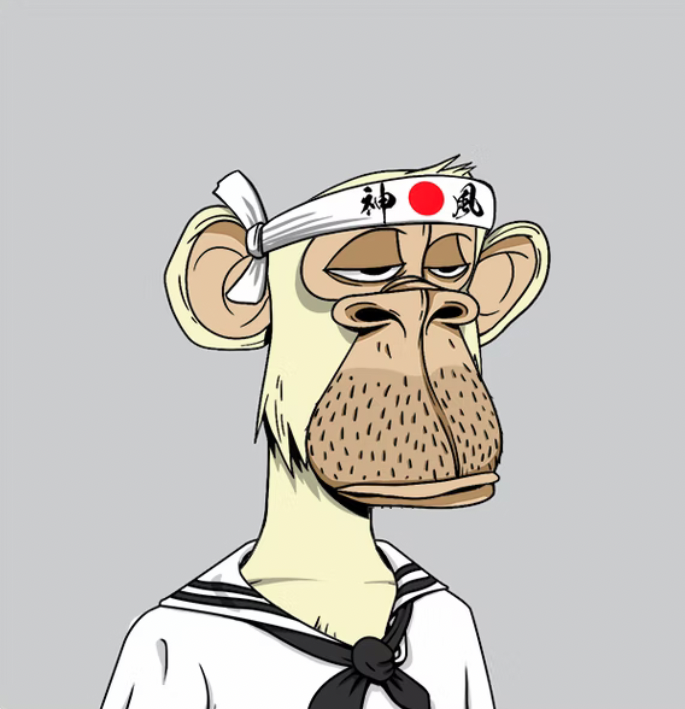
Rarity - An important measure of an NFT’s value. The overall rarity of an NFT is usually determined by calculating the scarcity of its individual traits, e.g. by averaging them or multiplying them together.
Roadmap - A document that maps out the goals and next steps for an NFT project.
Royalties - Money earned by an NFT creator through the token’s resale. Some NFTs automatically pay royalties each time an NFT is sold. An NFT can be hardcoded to pay an artist royalties forever, an interesting use case that has the potential to shake up the music industry.
Rug pull - A classic scam in which a cryptocurrency or NFT project is promoted only for its creators and developers to disappear and run away with the money. A soft rug pull is a pernicious variation in which the developers reappear now and again to create the illusion that the project is legitimate.
Shilling - Promoting, advertising, marketing. To shill an NFT is to promote it.
Smart Contract - A self-executing digital contract. NFTs are composed of code written in smart contract programming language like Solidity.
Solidity - A programming language for writing smart contracts. Solidity is a high-level language like Java and Python that is ideal for Ethereum, which hosts most NFTs.
Solana - One of the main challengers to Ethereum as a preferred blockchain for NFT marketplaces. Popular Solana marketplaces include Magic Eden, Solanart and Solsea.
Utility-focused NFTs - NFTs with real-world use cases. For example, NFTs can be used to improve event ticketing. Digital art can also have utility coded into it. E.g., ownership of a Bored Ape grants members-only benefits like access to a collaborative graffiti board.
Whitelist - An exclusive list of users who get guaranteed early access to mint a new NFT collection at a specified date and time.
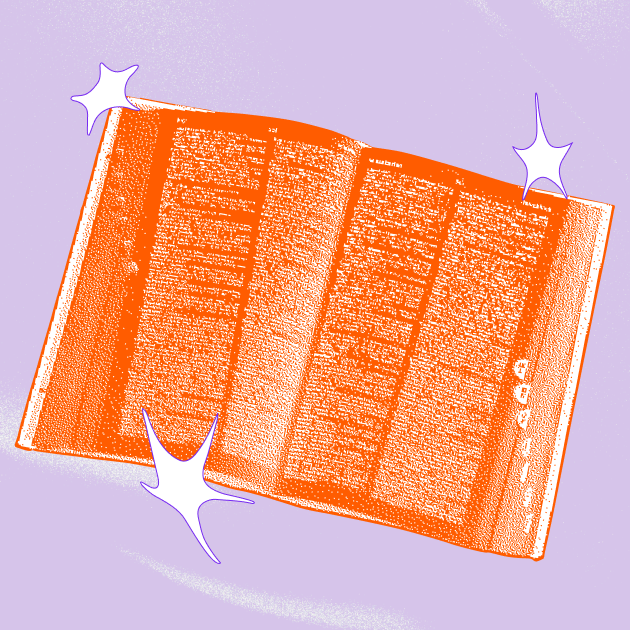





.png?w=3840&q=90)